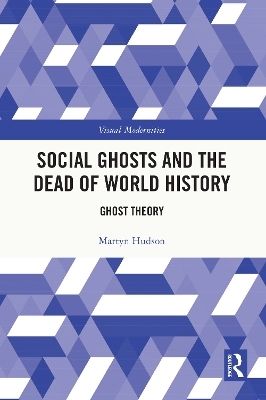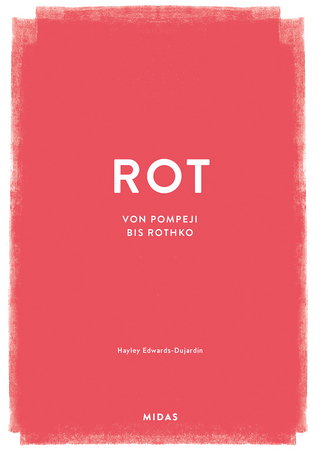
Social Ghosts and the Dead of World History
Ghost Theory
Seiten
2023
Routledge (Verlag)
978-1-032-44693-6 (ISBN)
Routledge (Verlag)
978-1-032-44693-6 (ISBN)
This book looks at the phantasms and spirits of classical social science and philosophy, including Hegel’s ‘World-Spirit’, Weber’s ‘Verstehen’ and Marx’s phantasms, exploring the relationships and interactions between those spirits and materiality across five broad themes.
Social Ghosts and the Dead of World History looks at the global phenomena of the dead in world history, examining the phantasms and spirits of classical social science and philosophy.
From Hegel’s ‘World-Spirit’ to Max Weber’s ‘Verstehen’ and Marx’s phantasms, there is a recurring obsession with the ‘spirits’ of modernity. This book explores the relationships and interactions between those spirits and materiality in five broad areas: the nature of the dead in modernity, shape-shifting and mobile souls, the spirit in accounts of prehistory and archaeology, the phenomenology of spirits and the relation to statues and stone, and the nature of spirit as it is manifested in wooden artefacts and folklore. It offers a counter-modernity to that of classical social science and philosophy and new ways of thinking about our crises and catastrophes in social theory and the world and the worlds beyond this world.
Building on the author’s previous work on the sociology of haunted houses and landscapes, it examines the body and the individual as the locus of haunting. The book will appeal to academics in philosophy, history, social theory, anthropology and cultural studies in its omni-disciplinarity and in its import for rethinking the histories of social thought.
Social Ghosts and the Dead of World History looks at the global phenomena of the dead in world history, examining the phantasms and spirits of classical social science and philosophy.
From Hegel’s ‘World-Spirit’ to Max Weber’s ‘Verstehen’ and Marx’s phantasms, there is a recurring obsession with the ‘spirits’ of modernity. This book explores the relationships and interactions between those spirits and materiality in five broad areas: the nature of the dead in modernity, shape-shifting and mobile souls, the spirit in accounts of prehistory and archaeology, the phenomenology of spirits and the relation to statues and stone, and the nature of spirit as it is manifested in wooden artefacts and folklore. It offers a counter-modernity to that of classical social science and philosophy and new ways of thinking about our crises and catastrophes in social theory and the world and the worlds beyond this world.
Building on the author’s previous work on the sociology of haunted houses and landscapes, it examines the body and the individual as the locus of haunting. The book will appeal to academics in philosophy, history, social theory, anthropology and cultural studies in its omni-disciplinarity and in its import for rethinking the histories of social thought.
Martyn Hudson is an Assistant Professor in Art and Design History at Northumbria University and the author of nine books on critical theory, history and visual culture. He is the editor of the ‘Visual Modernities’ series at Routledge.
1. Germinal: Social Ghosts and the Dead of World History 2. Ghost theory: On Shape-Shifting 3. Lithic Empires: On the Dead of World Prehistory 4. Stone Being: Statues and the Phenomenology of Spirits 5. Wooden Souls: Heads, Beings and the Organic World 6. On Daimonia: Life, Death and Being 7. Abyssal Modernities: From the Interior of Being 8. Coda: On the Dead of Worlds to Come
| Erscheinungsdatum | 20.03.2023 |
|---|---|
| Reihe/Serie | Visual Modernities |
| Verlagsort | London |
| Sprache | englisch |
| Maße | 156 x 234 mm |
| Gewicht | 439 g |
| Themenwelt | Kunst / Musik / Theater ► Kunstgeschichte / Kunststile |
| Geisteswissenschaften ► Archäologie | |
| ISBN-10 | 1-032-44693-5 / 1032446935 |
| ISBN-13 | 978-1-032-44693-6 / 9781032446936 |
| Zustand | Neuware |
| Informationen gemäß Produktsicherheitsverordnung (GPSR) | |
| Haben Sie eine Frage zum Produkt? |
Mehr entdecken
aus dem Bereich
aus dem Bereich


